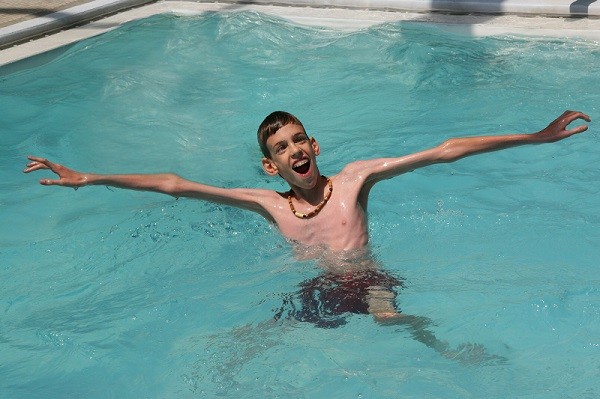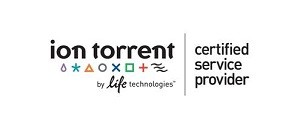Marfan syndrome (OMIM 154700) is a relatively common genetic disorder (frequency ~1 / 5,000) that affects the connective tissue in many parts of the body. Clinical symptoms of Marfan syndrome vary in severity, the age of onset and the rate of progression over time. The two main features of Marfan syndrome are visual impairments caused by dislocation of the lens (ectopia lentis) in one or both eyes (leading to myopia) and lesions of the large blood vessel that delivers blood from the heart to the rest of the body, the aorta. The aorta is weakened and ‘stretches’, which can lead to swelling of the blood vessels, i.e. an aneurysm. The presence of an aortic aneurysm and/or an aortic dissection may lead to death.
Many patients with Marfan syndrome have additional heart defects, such as mitral valve prolapse or aortic valve insufficiency. Disturbances in these valves may cause shortness of breath, fatigue and heart arrhythmia. People with Marfan syndrome are usually tall and relatively thin, having long fingers and toes (arachnodactyly) and usually exhibit scoliosis. Clinical symptoms of Marfan syndrome may become apparent at any time between childhood and adulthood.
Marfan syndrome is caused by mutations of the FBN1 gene (OMIM 134797) and is inherited as an autosomal dominant genetic disease, meaning that affected individuals have a 50% risk of transmitting the disease to their children. It is worth noting that the clinical symptoms of Marfan syndrome, but also the age of onset, may vary in patients within the same family.
Loeys-Dietz syndrome comprises a broad group of genetic diseases of the connective tissue, as in the case of Marfan syndrome. There are at least five different types of Loeys-Dietz syndrome, who all exhibit common clinical features comprising of cardiac and skeletal malformations, such as aortic aneurysms, mitral valve prolapse or aortic valve insufficiency, long fingers and toes (arachnodactyly) and may also be accompanied by scoliosis and other constitutive anomalies.
Loeys-Dietz syndrome types 1-5 are associated with mutations in the SMAD3, TGFB2, TGFB3, TGFBR1, and TGFBR2 genes and are all inherited as an autosomal dominant genetic disorder, meaning that affected individuals have a 50% risk of transmitting the disease to their children. As in the case of Marfan syndrome, the clinical symptoms of Loeys-Dietz syndrome and the age of onset may differ in patients within the same family.
Finally, mutations in the ACTA2, MYH11 and MYLK genes are associated with the development of aortic aneurysms, which is the main clinical finding.
We perform DNA sequence analysis, via Next Generation Sequencing (NGS) on a Genome Analyzer – Ion Proton platform, of all exons and intron-exon junctions/splice sites of the 7 genes:
| GENE | OMIM GENE | OMIM DISEASE | OMIM DISEASE | INHERITANCE (AR, AD, XL) |
| ACTA2 | 102260 | 611788 | Aortic aneurysm, familial thoracic 6 | AD |
| FBN1 | 134797 | 154700 | Marfan syndrome | AD |
| MYH11 | 160745 | 132900 | Aortic aneurysm, familial thoracic 4 | AD |
| MYLK | 600922 | 613780 | Aortic aneurysm, familial thoracic 7 | AD |
| SMAD3 | 603109 | 613795 | Loeys-Dietz syndrome 3 | AD |
| TGFBR1 | 190181 | 609192 | Loeys-Dietz syndrome 1 | AD |
| TGFBR2 | 190182 | 610168 | Loeys-Dietz syndrome 2 | AD |
allowing us to detect >98% of all pathogenic mutations of the genes through the use of specially developed bioinformatics tools, covering a significant proportion (~60-70%) of the associated genetic disorders and syndromes (minimal gene panel).
Where possible and/or necessary, we carry out additional MLPA analysis in order to detect deletions/duplications of the genes (please consult the final test report).
The test is highly sensitive and complex, so it is necessary that the results are assessed by a specialized team of clinical and molecular geneticists, in order to ensure safe and reliable testing.
Proper clinical genetic assessment and genetic counseling, both before and after testing, is essential in order to determine the optimum testing strategy and also to communicate properly the concepts of pathological and normal.

